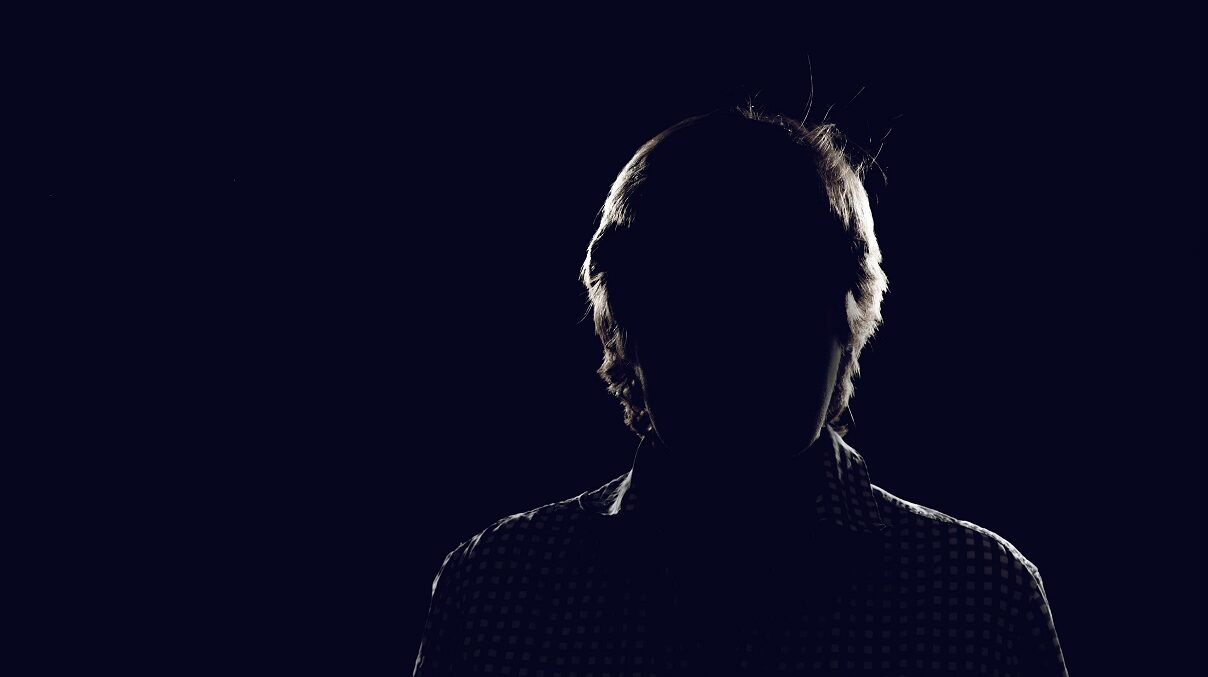
What is anonymity? Do we have a right to it? And against what other values should this right be balanced when it comes to government regulation? This blog post will be the first in a series that looks at what anonymity is, why it is important, and what tradeoffs should be considered when applying a right to anonymity in specific contexts.
So first: what is anonymity? At base, anonymity is the ability to act while avoiding identification. Pseudonymity—which is not quite full anonymity—is the ability to act (usually, to communicate) using a persistent identifier that avoids revealing one’s actual identity. One can also be functionally anonymous while revealing some identifying information, so long as the cost of identification is sufficiently high that other parties will largely eschew it. In other words, there is a sliding scale when it comes to anonymity.
Do Americans have a legal right to anonymity? There is nothing in the U.S. Constitution that explicitly spells out any such right, but courts have found a right to anonymous speech and association that can be overcome only under certain conditions. This right also only applies against the government (i.e., against state action).
So, what is the right to anonymity? Probably the best way to understand it is that one has the right to exploit certain physical, technological, and legal barriers to identification while performing certain actions. This can, however, be overcome by others who use physical, technological, and legal means to identify the actor (including contracting for it). So long as they aren’t breaking some underlying law in the process, there is no positive right to anonymity that can be validly asserted—at least, not in the American context.
For example, one could put on a mask while walking in public to physically hide one’s identity. The mask is the actor’s personal property, and others can’t legally remove it from his or her face without consent, because that would be battery. Practically speaking, private parties would have a very difficult time identifying the masked actor for the purposes of a tort, unless he or she unintentionally gave away other identifying information, such as their general build, clothing, or voice.
A private business, however, could require that masked patrons may not enter, and could forcibly eject those who refuse to abide by that requirement. In the case that a masked party commits a crime, the police have the right both to arrest that individual and to unmask him or her in order to obtain identification. Most problematically (for those who believe in a strong right to anonymity), even in the case of a criminal unmasking, the unmasked party would not have a right to stop other private parties from using their illegally obtained identity against them. In fact, the 9th U.S. Circuit Court of Appeals recently found a First Amendment right to record public interactions without consent!
Shifting to a more technologically oriented example, one could obscure one’s identity online: e.g., in forums that range from the Economics Job Market Rumors (EJMR) website, which allows users to comment with a four-character username, to various white-supremacist websites that allow the use of pseudonyms. But this could be overcome by a private actor “doxxing” the pseudonymous party who unwittingly reveals too much information—say, by scraping their IP addresses and cross-referencing them with other publicly available information, or by analyzing leaked data from an online comment-hosting site that shows the email addresses used to set up profiles.
Anonymity could also be overcome by a private actor filing subpoenas pursuant to a lawsuit. Such orders could go, first, to a website to obtain the email address used to set up an account (or IP address, if there was no account); then, to an email service to obtain the identity of the address’ owner (provided that they possess it); and finally, if necessary, to an internet service provider (ISP) or virtual private network (VPN) in order to unmask the user of an IP address that was identified in those other subpoenas.
A similar process could be used by government investigators, either by subpoena or warrant—or some other technological means, if they’ve developed them—and the anonymous individual would have no reasonable expectation of privacy. Problematically, for those who believe in a strong anonymity right, while one may have a contract claim against a site that promised to protect anonymous communications, one would likely have no cause of action against someone who was nonetheless able to access information that allowed them to identify you.
Now, this begs the question, somewhat. Should the government be able to unmask the anonymous individual? Or should private plaintiffs be able to use subpoenas backed by government power to do so? Law & economics can help to illuminate the tradeoffs between a right to anonymous speech and holding anonymous actors accountable for harms they impose on others. There are no easy answers, but a proper balance can be struck only by understanding what is at stake.
The next post will consider the right to anonymous speech in the context of Section 230 immunity—namely, whether the First Amendment prevents conditioning Section 230 immunity for online platforms on taking reasonable steps to help users unmask bad actors on their platforms. Another post will consider whether the right to anonymous speech under the First Amendment prevents certain age-verification laws intended to protect children online. And a final post will consider the right to anonymity—under both the U.S. Constitution and other statutes—as applied to government investigations. All will attempt to flesh out the relevant tradeoffs and offer a balanced approach to protecting the right to anonymity while also allowing for bad actors to be held accountable.




